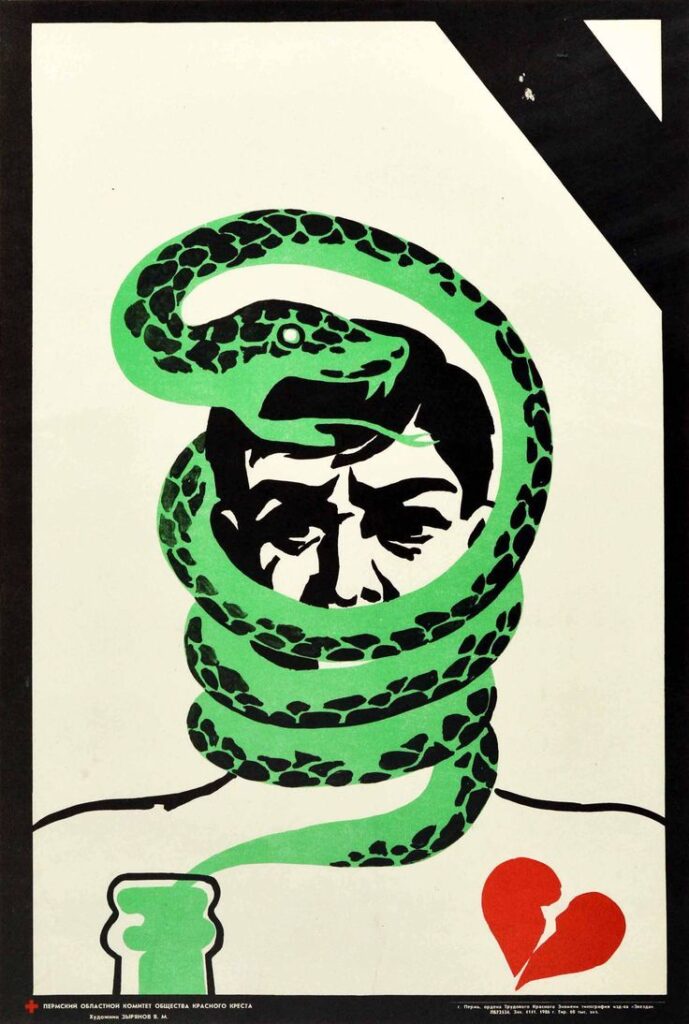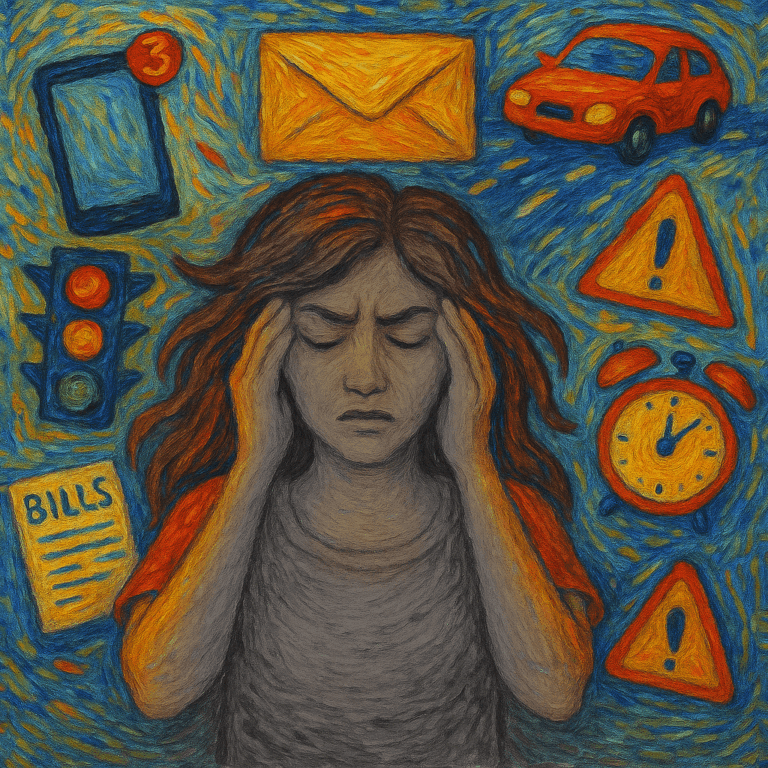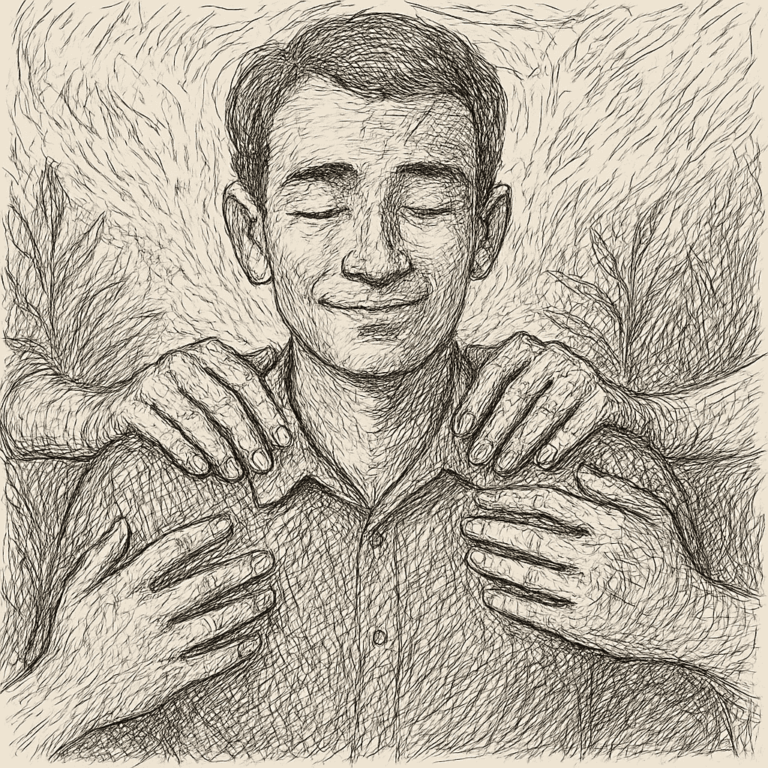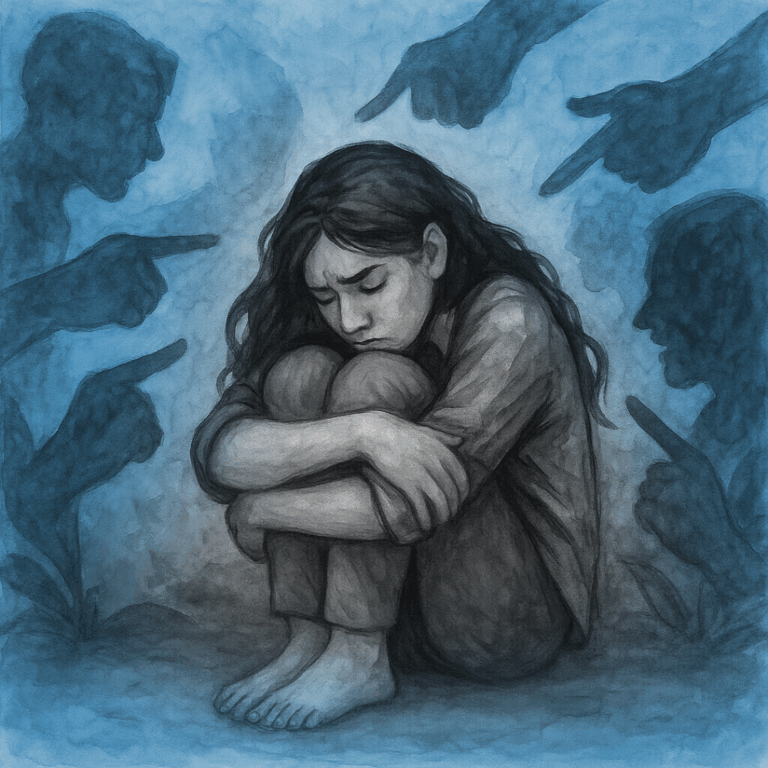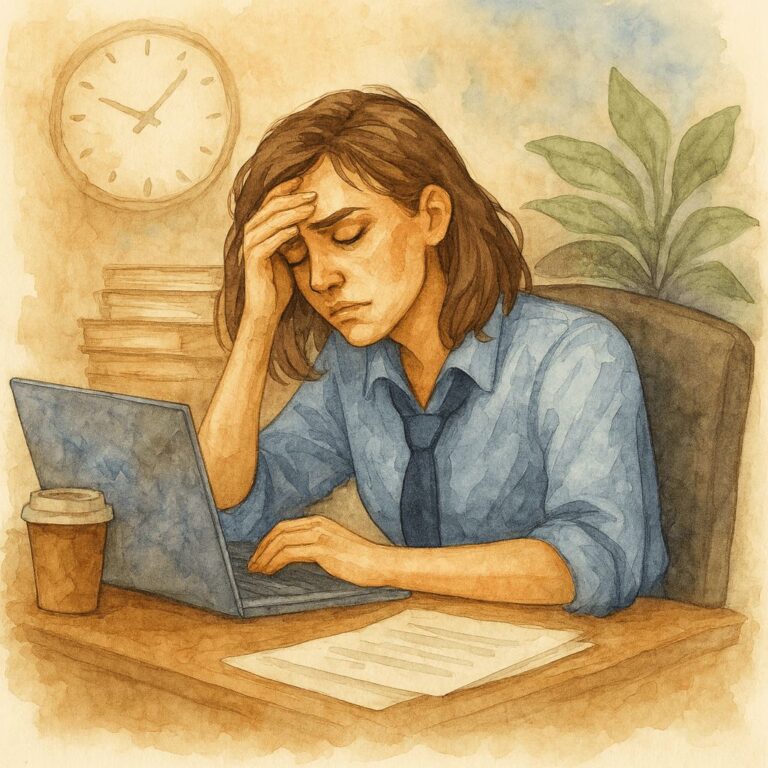Alcohol addiction, also known as alcohol use disorder (AUD), can significantly impact your ability to achieve personal and professional goals. This comprehensive guide explores how alcohol dependence affects life aspirations and provides actionable steps for recovery and goal achievement.
Research from the National Institute on Alcohol Abuse and Alcoholism shows that AUD develops through progressive changes in brain structure and function. These changes affect three key regions: the basal ganglia (reward system), extended amygdala (stress response), and prefrontal cortex (decision-making and executive function). This explains why willpower alone often isn’t enough to overcome drinking patterns.
Understanding the Impact of Alcohol Use Disorder on Life Goals
Career Interference in Addiction
– Decreased work performance: Alcohol abuse leads to reduced productivity and quality of work. Cognitive impairment from drinking affects your ability to perform complex tasks efficiently.
– Increased absenteeism: Frequent hangovers and alcohol-related illnesses result in more sick days. Unreliability due to alcohol addiction creates patterns of unexplained absences.
– Impaired decision-making abilities: Alcohol affects brain function and judgement even when not actively drinking. Critical thinking and problem-solving skills become compromised with ongoing alcohol abuse.
– Missed promotional opportunities: Supervisors notice declining performance and unreliability caused by alcohol dependence. Career advancement becomes limited as addiction interferes with professional growth.
– Professional relationship strain: Coworkers begin to lose trust due to alcohol-related behavioural changes. Professional networks weaken as addiction makes maintaining work relationships difficult.
– Job loss or career stagnation: Severe alcohol use disorder often results in termination or forced resignation. Long-term career prospects suffer as employment history becomes affected by addiction.
Financial Impact of Alcohol Addiction
– Reduced income potential: Alcohol addiction frequently leads to decreased earning capacity and job loss. Substance abuse limits career advancement opportunities and salary growth.
– Mounting medical expenses: Treatment for alcohol-related health issues creates significant medical debt. Insurance costs increase due to alcohol-related health complications.
– Legal costs from alcohol-related incidents: DUI charges and other legal issues drain financial resources. Court fees and legal representation create lasting financial burden.
– Depleted savings: Money intended for future security gets diverted to fund drinking habits. Emergency funds and investments diminish as addiction progresses.
– Compromised retirement planning: Long-term financial planning suffers as resources go toward maintaining addiction. Retirement accounts often get tapped early to cover addiction-related expenses.
– Unstable financial future: Credit scores decline due to addiction-related financial mismanagement. Banking relationships become strained as financial reliability decreases.
Impact on Personal Relationships During Addiction
– Family tensions and conflicts: Daily drinking habits create ongoing family stress and arguments. Children and spouses experience emotional trauma from living with addiction.
– Broken marriages and partnerships: Alcohol addiction often leads to separation and divorce. Trust issues develop as addiction behaviours affect relationship stability.
– Estranged children and relatives: Family members may distance themselves from the addicted person. Parent-child relationships suffer due to alcohol-related behaviour changes.
– Lost friendships: Social circles shrink as drinking becomes the primary focus. Non-drinking friends often withdraw due to addiction-related behaviour.
– Limited social connections: New relationships become difficult to form and maintain. Social isolation increases as addiction progresses.
– Trust issues in relationships: Repeated broken promises and alcohol-related incidents damage trust. Rebuilding relationships requires extensive effort during recovery.
Educational Setbacks in Alcohol Addiction
– Poor academic performance: Alcohol interferes with studying and class attendance. Grades suffer as addiction takes priority over education.
– Incomplete education: Degrees remain unfinished due to addiction-related challenges. Educational goals get postponed or abandoned entirely.
– Missed learning opportunities: Alcohol abuse prevents participation in educational programs. Career-advancing certifications and training get overlooked.
– Delayed graduation: Additional semesters become necessary due to failed courses. Academic progress slows significantly during active addiction.
– Limited career prospects: Incomplete education restricts job opportunities and advancement. Professional certifications become harder to obtain.
– Student loan debt without degree completion: Financial obligations remain while educational benefits are lost. Return on educational investment diminishes significantly.
Recognizing Signs of Alcohol Addiction Interference
Warning Signs of Alcohol Addiction
1. Task postponement: Important deadlines get missed due to drinking or recovery time. Professional and personal responsibilities take a backseat to alcohol use.
2. Missed appointments: Alcohol-related unreliability affects scheduling and commitment keeping. Regular attendance at work or school becomes challenging.
3. Family obligation neglect: Important family events get missed due to drinking. Parental and partnership responsibilities suffer during active addiction.
4. Career opportunity loss: Job interviews and promotions get compromised by alcohol use. Professional networking opportunities decrease significantly.
5. Financial mismanagement: Money gets diverted from necessities to fund alcohol purchases. Bills go unpaid as addiction takes financial priority.
6. Personal development stagnation: Self-improvement goals get abandoned during active addiction. Career and educational advancement opportunities pass by unnoticed.
Breaking Free: Professional Addiction Treatment Options
Comprehensive Addiction Assessment
1. Medical Evaluation Process
– Complete physical examination determines extent of alcohol-related damage. Documentation of withdrawal symptoms helps create appropriate treatment plans.
– Blood work and liver function tests assess physical health impacts. Comprehensive health screening guides medical intervention strategies.
2. Psychological Assessment
– Mental health professionals evaluate co-occurring disorders. Dual diagnosis treatment planning addresses both addiction and mental health.
– Addiction severity assessment determines appropriate level of care. Treatment recommendations align with individual recovery needs.
Evidence-Based Treatment Programs
1. Inpatient Rehabilitation Options
– 30-day residential treatment provides a structured recovery environment. Medical supervision ensures a safe alcohol detoxification process.
– 60-90 day programs offer extended therapeutic support. Intensive therapy addresses root causes of addiction.
2. Outpatient Recovery Programs
– Intensive outpatient programs provide flexible treatment schedules. Daily or weekly therapy sessions maintain recovery momentum.
– Partial hospitalisation programs offer comprehensive daytime treatment. Evening return home supports maintained family connections.
3. Therapeutic Approaches
– Cognitive Behavioral Therapy addresses addiction thought patterns. Skills development focuses on trigger management and coping strategies.
– Motivational Enhancement Therapy builds recovery motivation. Goal-setting techniques support sustained sobriety efforts.
Building Recovery Support Systems
Professional Support Network
1. Addiction Specialists
– Board-certified addiction psychiatrists provide medication management. Regular psychiatric monitoring ensures treatment effectiveness.
– Licensed addiction counsellors offer specialised therapy sessions. Individual counselling addresses personal recovery challenges.
2. Recovery Support Team
– Case managers coordinate comprehensive treatment services. Treatment plan adjustments reflect changing recovery needs.
– Social workers connect clients with community resources. Housing and employment assistance support recovery stability.
Community Support Resources
1. Peer Support Programs
– Local AA meetings provide continuous recovery support. Sponsorship relationships guide early recovery journeys.
– SMART Recovery offers science-based addiction support. Alternative recovery programs provide multiple pathway options.
2. Family Support Services
– Family therapy sessions heal relationship damage. Educational programs help families understand addiction.
– Al-Anon groups support affected family members. Family recovery programs strengthen support networks.
Recovery Goal Setting and Achievement
Short-Term Recovery Goals
1. Daily Sobriety Maintenance
– Morning meditation establishes daily recovery focus. Evening reflection reinforces sober achievements.
– Trigger avoidance planning prevents early relapse. Daily accountability partners support continued sobriety.
2. Health Restoration
– Regular exercise rebuilds physical strength. Nutritional counselling supports body healing.
– Sleep hygiene practices improve rest quality. Natural stress management techniques reduce anxiety.
Long-Term Recovery Planning
1. Career Rebuilding
– Professional skills assessment identifies strengths. Career counselling aligns work goals with recovery.
– Resume building addresses employment gaps. Interview coaching prepares for work re-entry.
2. Educational Advancement
– Academic assessment evaluates learning needs. Educational planning aligns with career goals.
– Study skills development supports academic success. Time management training balances education and recovery.
Relapse Prevention Strategies
Trigger Management
1. Environmental Controls
– Home environment assessment removes drinking triggers. Workplace modifications support continued sobriety.
– Social circle evaluation identifies risk relationships. New sober activities replace drinking routines.
2. Emotional Regulation
– Stress management techniques prevent emotional triggers. Anger management skills reduce relapse risk.
– Anxiety coping strategies maintain emotional balance. Depression monitoring prevents mood-related relapse.
Crisis Prevention Planning
1. Emergency Response Protocol
– Written crisis plans outline step-by-step responses. Emergency contact lists provide immediate support access.
– Relapse prevention cards contain personalised strategies. Crisis hotline numbers offer 24/7 support availability.
2. Support Network Activation
– Sponsor notification system ensures rapid response. Family members understand emergency procedures.
– Treatment team coordinates crisis intervention. Support group members provide additional backup.
Achieving Life Goals in Recovery
The journey from active addiction to successful recovery requires comprehensive treatment approaches and ongoing support. Professional addiction treatment, combined with strong support systems and clear goal-setting, creates the foundation for achieving life goals while maintaining sobriety. Remember that recovery success depends on:
– Commitment to evidence-based treatment programs
– Active participation in support networks
– Clear goal setting and achievement planning
– Strong relapse prevention strategies
– Continuous personal growth efforts
– Regular progress evaluation and plan adjustment
The key is taking that first step. Whether you’re questioning your drinking habits or know it’s time for a change, speaking with a healthcare provider can help you understand your options and create a plan that aligns with your goals.
Your goals matter.
Start Your Mental Health Journey with Ganaa Today
Whether you’re seeking help for yourself or a loved one, Ganaa offers evidence-based, compassionate
mental health care that’s rooted in dignity and excellence.
Contact us at +91 8750075006 or visit www.ganaa.in to begin your journey toward mental wellness.

